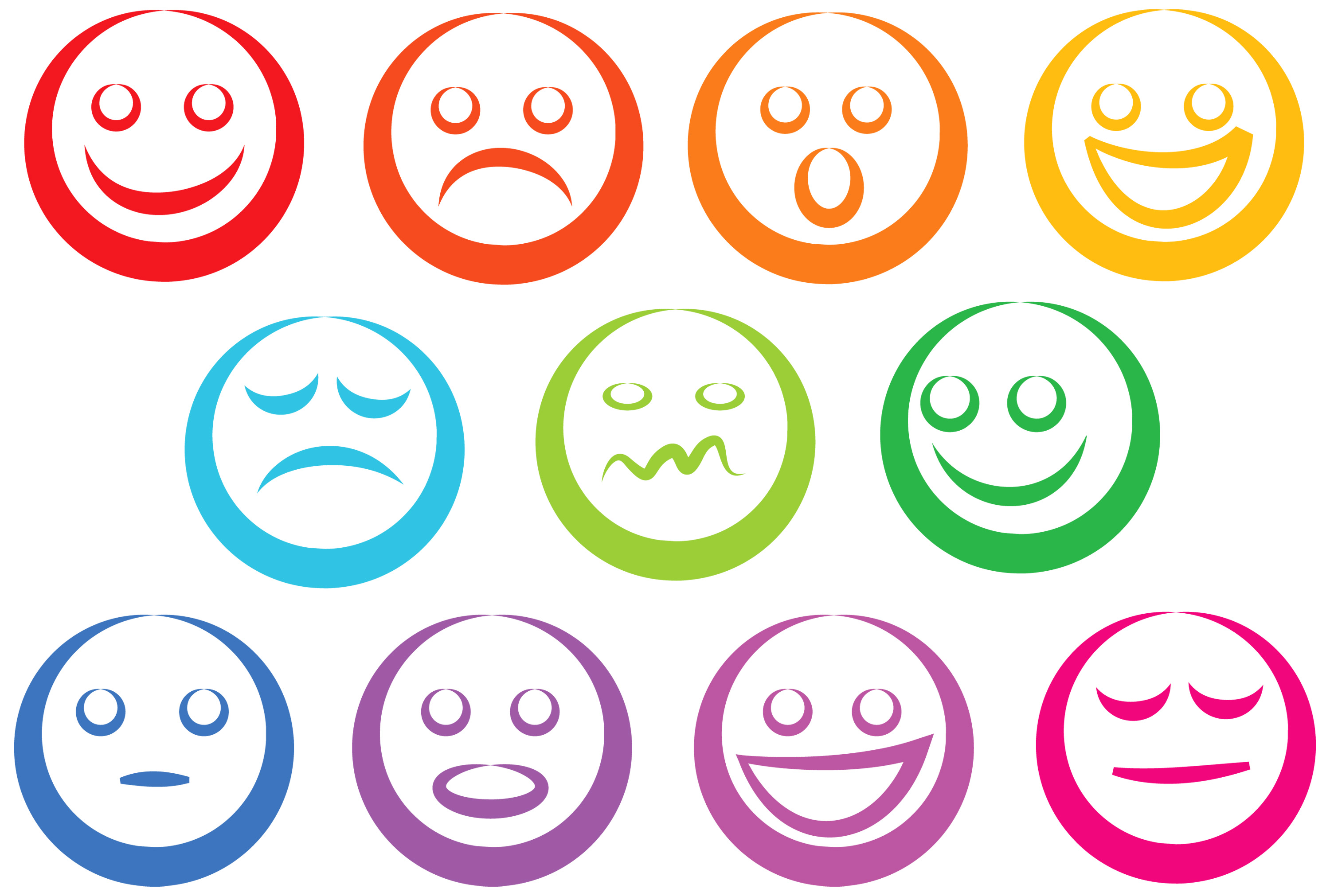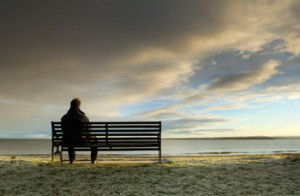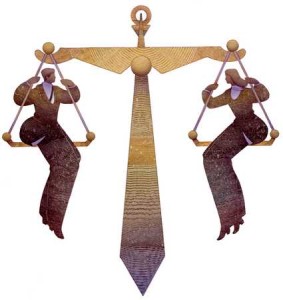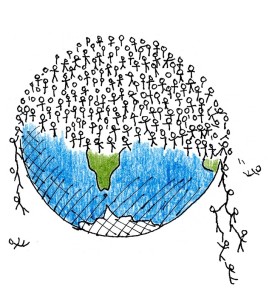A Hope Filled Look at New Year’s Resolutions
Posted: 1 February 2016
 Well we are currently in crunch time for New Year’s Resolutions. The number of you keeping your resolution is shrinking week by week. It was already at 75% just one week into this year, it was at 64% by the end of January, and as low as 46% by the end of June. The statistics are part of a newly released study out of the University of Scranton’s Journal of Clinical Psychology which indicates that while a total of 62% of us actually make resolutions usually or infrequently, only 8% of that number are successful in achieving the goal they had set for themselves at the start of the year. With such a small success rate perhaps it is little wonder that 38% of us don’t even both making a resolution at all.
Well we are currently in crunch time for New Year’s Resolutions. The number of you keeping your resolution is shrinking week by week. It was already at 75% just one week into this year, it was at 64% by the end of January, and as low as 46% by the end of June. The statistics are part of a newly released study out of the University of Scranton’s Journal of Clinical Psychology which indicates that while a total of 62% of us actually make resolutions usually or infrequently, only 8% of that number are successful in achieving the goal they had set for themselves at the start of the year. With such a small success rate perhaps it is little wonder that 38% of us don’t even both making a resolution at all.
While it can be easy then to scoff at New Year’s Resolutions and dismiss them as only for those who want to lose weight, make money or find love, the choice of goals are often a part of the problem. One other study of New Year’s Resolutions out of Australia found that of those who failed, 35% admitted it was because the goal was too unrealistic, 33% didn’t keep track of progress, 23% forgot about it and 9% said they made too many resolutions. It’s easy enough to say that we want to lose weight but we probably need to instead consider pledging to cut back on the daily soft drink or the nightly bowl of ice cream. If we want to have more money we’ll probably need to create a workable budget instead of buying a greater number of lottery tickets. Read the rest of this entry »









